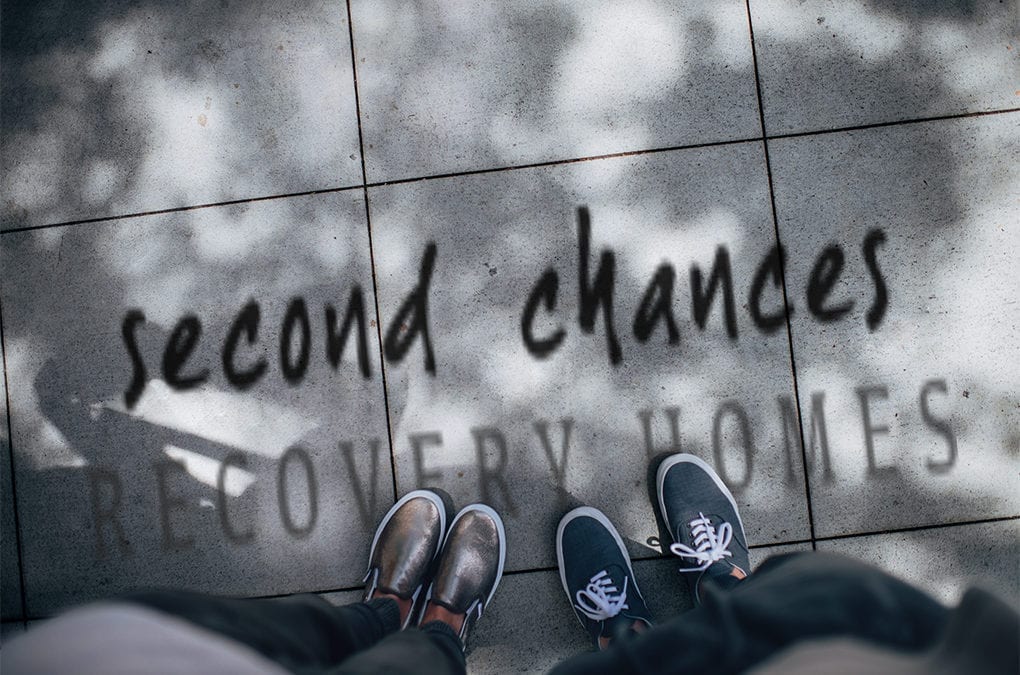Skip Ahead to Topic
What is holistic addiction treatment?
A holistic approach to medicine is one that takes the “whole person” into account. According to this view, all parts of a person – mind, body, and soul – are closely interconnected, with a problem in one part having implications for the others. Optimal wellness depends upon bringing these parts into balance, or harmony.
In this era of personalized medicine, “holistic” treatments for ailments of all kinds have become common. Holistic therapies in addiction treatment are a natural expansion of the concept, with more and more drug and alcohol rehabs and recovery residences embracing the complementary and alternative (CAM) wave. But if “buzz” automatically equaled legitimacy, sauna suits for weight loss would never have been a thing. Is holistic addiction treatment just hype, or is it legitimate help?
Not Your Grandfather’s Recovery Modality
Any investigation into holistic treatments in recovery should begin with a look at how they differ from – and complement – traditional treatment methods.
Traditional forms of addiction treatment typically pair therapeutic measures such as individual and group counseling with the use of medications that address mental and physical conditions. Twelve-step programs and other so-called “evidence-based” therapies like cognitive-behavioral therapy (CBT), whose effectiveness are backed by bodies of research, are staples in the traditional approach. While the detox-rehab-12-Step track with its emphasis on behavioral therapy and counseling has met with some success over the years, relapse rates remind us that “some” success is not nearly enough when people’s lives are on the line.
Critics of the traditional model allege that traditional recovery modalities are too narrow in their focus, failing, for example, to adequately address the deeply-rooted personal issues and emotions behind chronic addiction.
Traditional addiction treatment can also err in the direction of “one-size-fits-all”. Psychology Today tells the story of a heroin addict, Wyatt D., who went through rehab at least 12 times before he stumbled an alternative to the 12-Step philosophy he simply couldn’t connect with. When asked why he kept going back to the same types of rehabilitation places when they did not benefit him, Wyatt said he was told there weren’t any better options: 12-Step was the only way to go. He eventually found a program that offered a non-12 Step approach, but too late to prevent his drug-related death. For Wyatt and many others, the cookie-cutter rigidity that has to have everyone in recovery on the same path, engaged in the exact same type of therapeutic activities, is not just counterproductive – it can be downright deadly.
Holistic therapies are typically used in conjunction with more traditional treatment measures. They are not, therefore, necessarily a different and separate approach in most treatment settings, but rather a complement to options that are already scientifically supported. Their objective is to address the needs of the whole person through strengthening mind-body-soul connections. Examples of holistic therapies include the following:
- Exercise
- Nutritional intervention
- Neurofeedback
- Mindfulness techniques
- Yoga
- Acupuncture
- Massage
- Guided meditation
- Art, music, and other creative therapies
- Equine therapy
- Faith-based interventions

Does Holistic Addiction Treatment Work?
Does it work? The short answer is that it depends on whom you ask.
To date, the evidence for the effectiveness of holistic interventions in addiction treatment are at best inconclusive. Some experts point to this fact as proof that holistic treatment measures are nothing more than hype and unnecessary expense. On the other hand, proponents of holistic addiction therapies argue we shouldn’t deliver a verdict while the jury is still out. More research needs to be done. At the very least, supplementing a traditional treatment plan with these safe, low-risk holistic measures probably can’t hurt. Acupuncture, visualizations, massage and other therapies are versatile enough that they can be easily implemented in a variety of treatment settings. They also help to reduce stress, and stress is a known risk factor for relapse.
Why you should consider getting treatment for your addiction
Besides the benefits of stress reduction, there are other reasons to consider making holistic therapies a part of your recovery journey.
- The power to attract and connect. Let’s face it: the holistic approach to wellness is “in”. Given the growing comfort level nationally with seeking “natural”, “spiritual” or whole-person focused care for what ails us, the label “holistic” can at the very least be a draw for people who otherwise would resist addiction treatment. Some recent research suggests that women, teens, and young people are especially receptive to holistic measures like art therapy or acupuncture that they feel are more tailored to their unique persons and needs. If holistic measures can set patients at ease who might otherwise avoid seeking treatment for their addictions, the hope is that they can also create a greater openness to help of all kinds, traditional modalities included.
- The power to stay the course. Studies have shown that the intensity of addiction treatment (defined as a broader array of services, supplied for frequently) and patient satisfaction are positively correlated with recovery. Complementing traditional therapies with holistic activities that address overlooked areas or issues — or the same areas in different ways — ratchets up treatment intensity. And empowering those in recovery with choices about the types of treatment services they receive leads to greater satisfaction with the treatment process, which in turns extends the length of the recovery process and the likelihood of long-term sobriety.
- The faith it takes to heal. Holistic therapies often encourage explorations of person faith or spirituality, a factor numerous studies have shown to be a predictor of recovery. Not only do spirituality or spiritual practices appear to promote abstinence, commitment to a higher power has been shown to lessen the severity of relapse episodes. Recovering addicts frequently report spirituality to be an important piece of their recovery efforts.
- The wisdom to cover all your bases. People are complicated. The reality is that not even the most educated healthcare professional in the world has all the answers to the problem of why addiction occurs and how to heal from it. Holistic treatments are one more tool in the treatment toolbox, a tool that may help address ancillary issues like poor nutrition and emotional stress that fuel addictive behavior.
Treating the Whole Person at Second Chances
According to founder Jeff Lewis, Second Chances Recovery Homes “does not treat addictions. We treat people. We treat the whole person.” To do so, Jeff and his team rely upon a big toolbox with every possible help they can bring to each resident, including holistic therapies.
With its booming alternative medicine industry and creative vibe, Austin is a Texas hub for holism. Residents at SCRH are easily directed to holistic services to suit their recovery needs, from equine therapy to massage to guided meditation. Connections to local churches, faith-based 12-Step groups, and other opportunities to look inward in order to better reach outward are also readily provided.
A holistic approach to recovery is no more a magic bullet than a purely traditional, 12-Step only approach. Recovery is still a process. The journey will still have its hills and valleys; its steps forward and (hopefully occasional) steps back. The goal is mind-body-soul wholeness, with every safe and potentially effective tool on the table.
Learn more about our holistic addiction treatment today!


Recent Comments